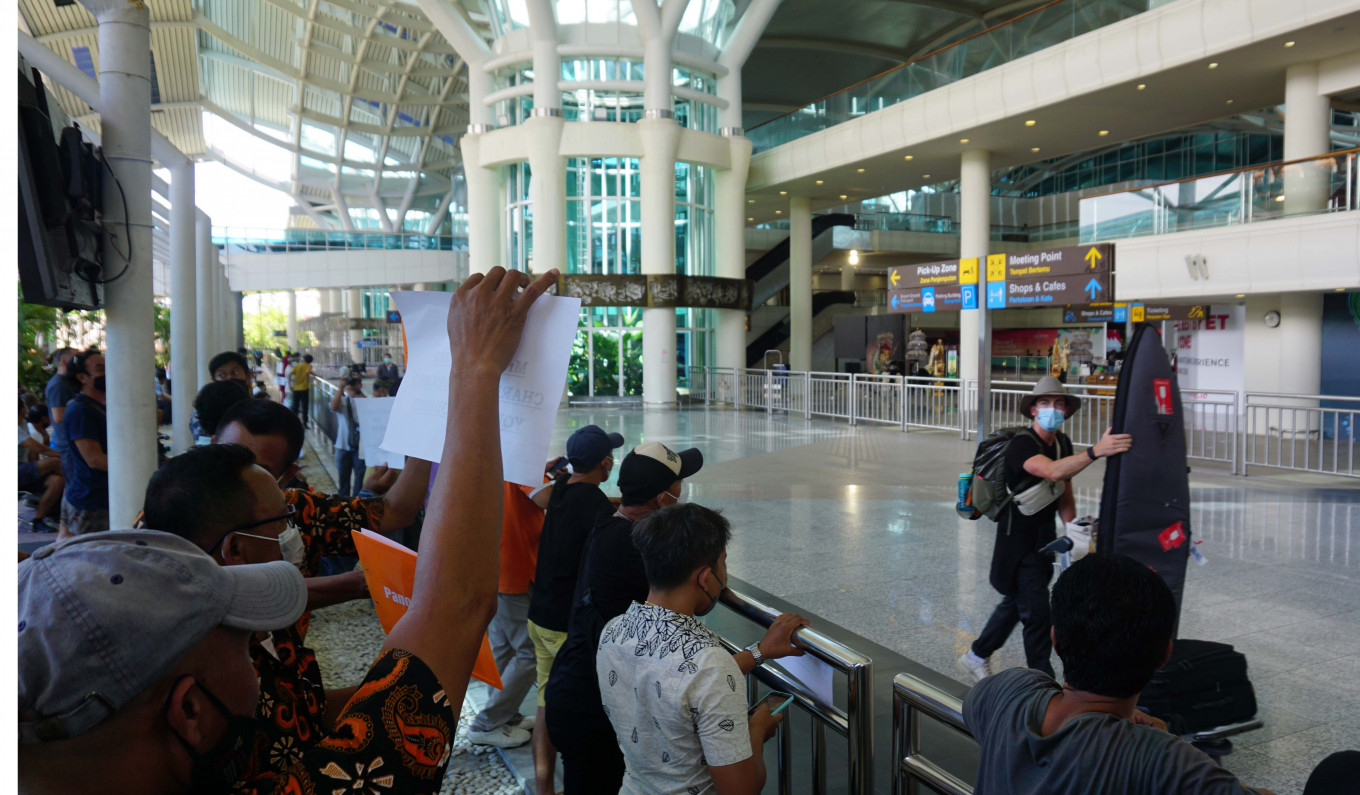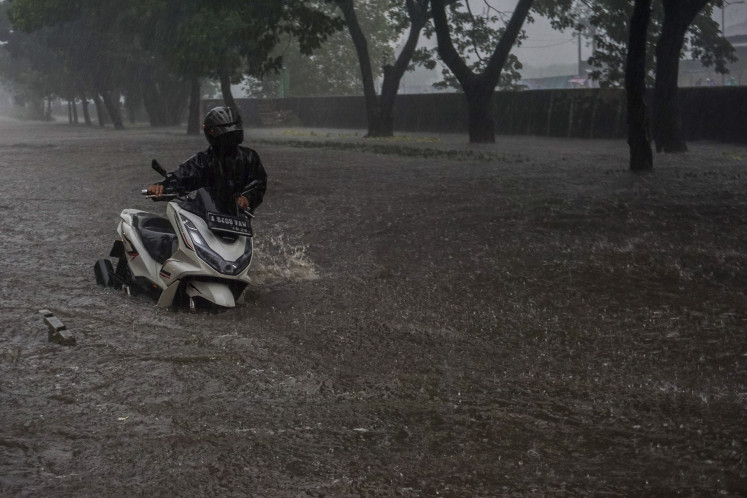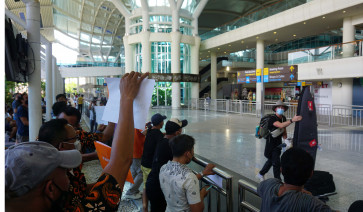Popular Reads
Top Results
Can't find what you're looking for?
View all search resultsPopular Reads
Top Results
Can't find what you're looking for?
View all search resultsCOVID-19 endemicity, explained
The word "endemic" has become quite the buzzword in recent weeks as the Omicron-fueled surge of infections, hospitalizations and deaths substantially decline in Indonesia, and while the government continues easing restrictions that have been in place since the early days of the COVID-19 pandemic two years ago.
Change text size
Gift Premium Articles
to Anyone
T
he word "endemic" has become quite the buzzword in recent weeks as the Omicron-fueled surge of infections, hospitalizations and deaths substantially decline in Indonesia, and while the government continues easing restrictions that have been in place since the early days of the COVID-19 pandemic two years ago.
In broad terms, an illness becomes endemic when the rates become static in a given geographical location, meaning that the pathogen causing the disease is likely to remain in circulation without causing large outbreaks.
Many have associated COVID-19 endemicity as the end of the health crisis or a checkered flag that gives a clear line where restrictions disappear. But there is more to the term than what meets the eye.
Could COVID-19 be endemic?
Experts have said that for COVID-19 to become endemic, enough people needed to have immune protection from it – either through natural infection or vaccination.
But with research suggesting that antibodies against the virus wane over time and the emergence of new variants that could render vaccines less effective, questions remain on whether long-term immunity against the coronavirus is plausible.
Virologist I Gusti Ngurah Kadek Mahardika from Udayana University said although antibodies against coronavirus naturally waned over time, it was not the only tool the human body used to fight COVID-19.


















